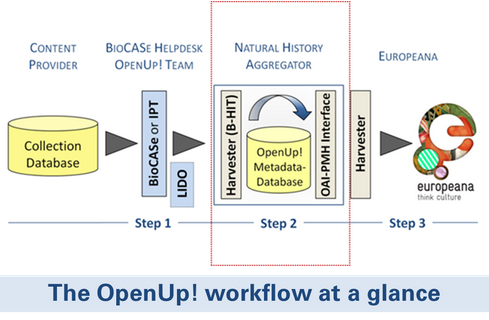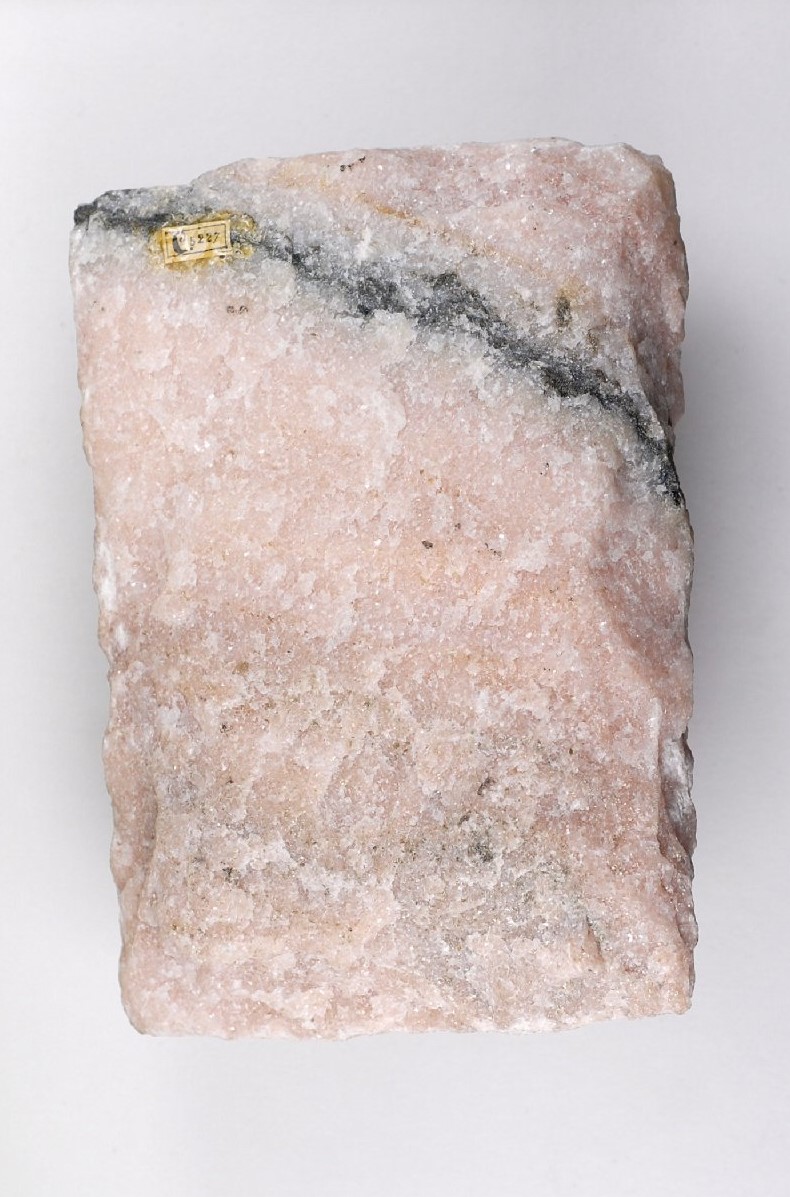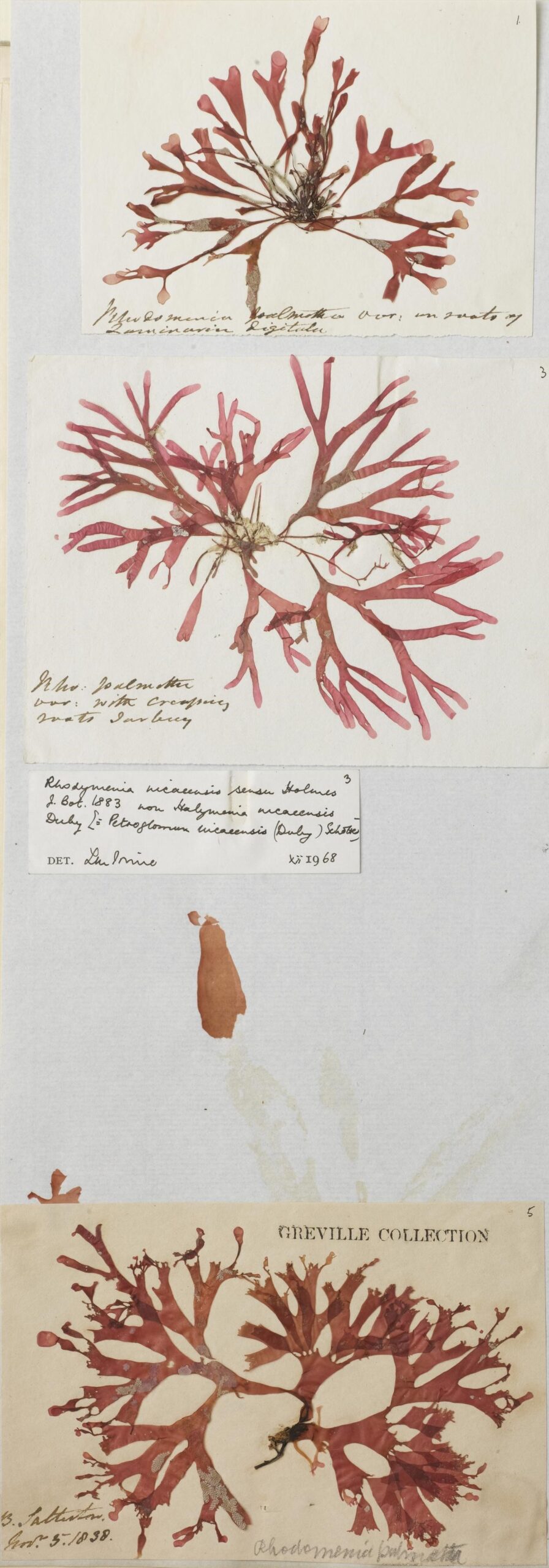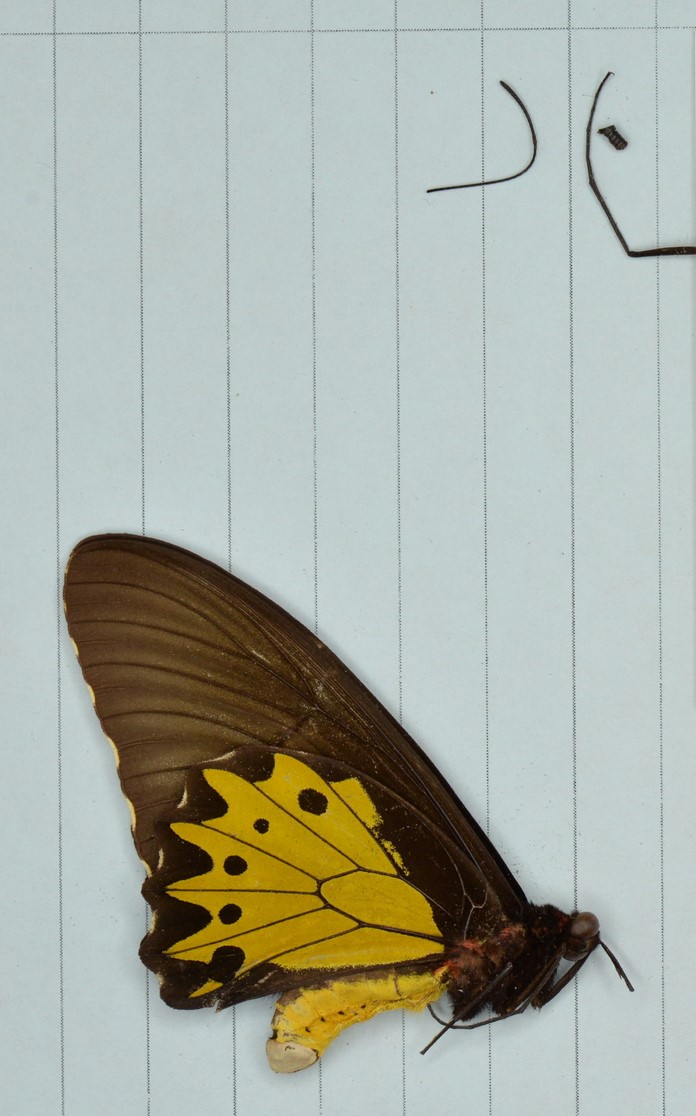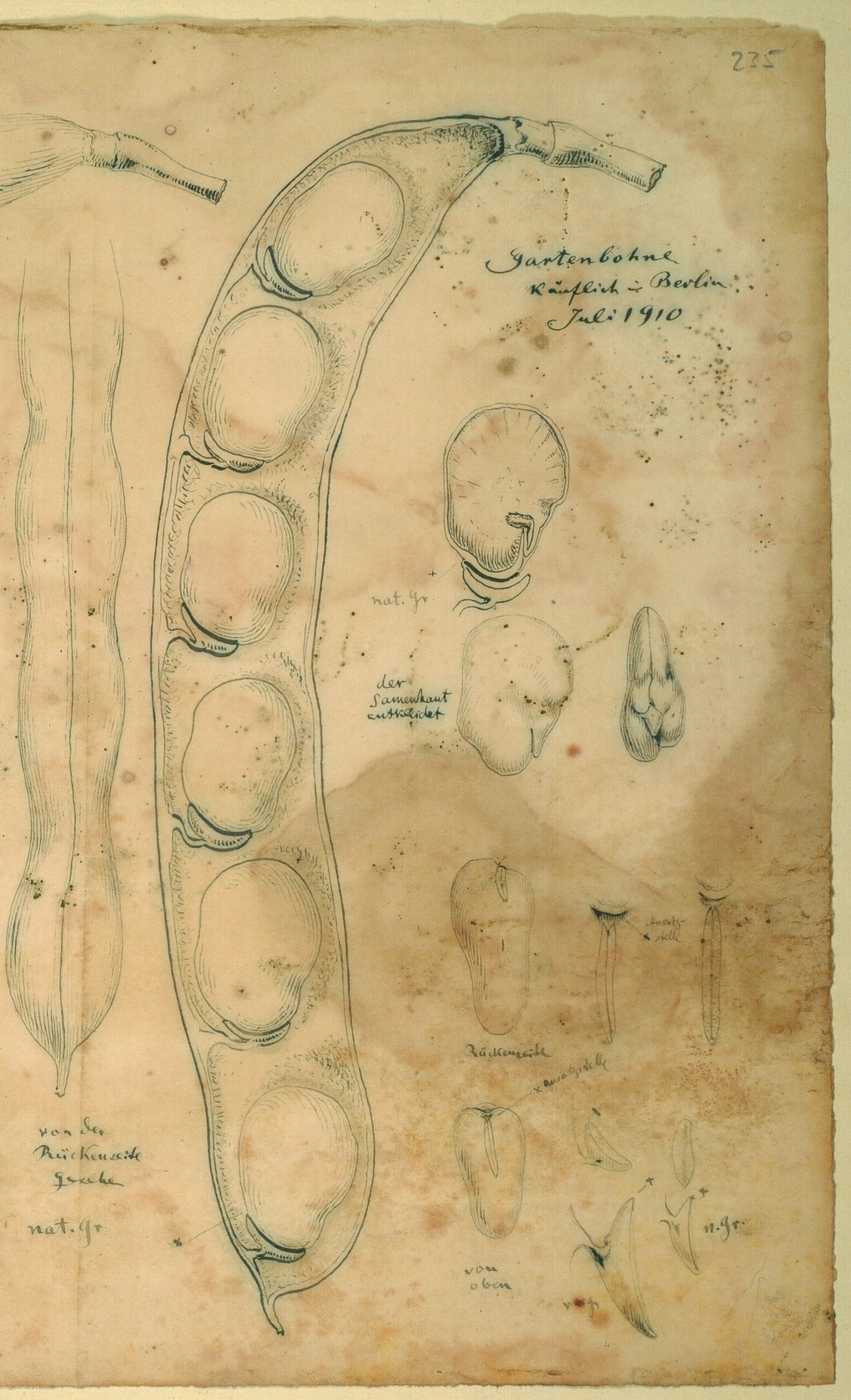If your institution holds multimedia from natural history or science, and you would like to share it with the public in an easy way, because you feel that your content deserves a greater audience, than OpenUp! and Europeana offer a tested and sustainable way to realize it.
 Get in touch: Check of content, data and licensing
Get in touch: Check of content, data and licensing
First get in contact with us, best by e-mail or telephone. We can have a look together at your multimedia content (images, audios, videos, 3D, texts) to help with advice on licensing, as well as the setup of a metadata database describing your content, mandatory for publishing your content via the Europeana platform. Metadata – not the multimedia – have to be provided in CC0 to be accepted by Europeana.
 Paperwork
Paperwork
There are three main documents that have to be signed by a new content provider:
- MoU – the OpenUp! Memorandum of Understanding (only Content Provider)
… to join the OpenUp! network
… to accept the principles of the OpenUp! workflow
… to state the (long-term) accessibility of the new content.
- DEA – Europeana Data Exchange Agreement (Content Provider and Europeana Foundation)
… to authorize the publication of content metadata and thumbnails under CC0 license (Creative Commons);
see Creative Commons licensing guide for more information.
- SLA – Service Level Agreement for technical support (Content Provider and AIT)
… to assure a continuous level of quality data and technical updates
… to accept to take part in the agreed service fee of the network.
 Technical Provisions: Setup, Mapping, Testing
Technical Provisions: Setup, Mapping, Testing
Basics for content provision are:
- images (audios, videos, etc.) accessible (permanently) as HTTP on a webserver
- accompanying metadata stored in a SQL database (or Excel etc.)
- documented data model
Now decide on a metadata exchange format that is fitting your content best; we accept several standard formats to deliver data from the natural history domain (read more details under metadata information); in case you use ABCD(EFG) you need to install a “Wrapper Software”.
The Mapping procedure will match the elements of your collection database with those of Europeana to make them ready for export and ingestion into the Natural History Aggregator.
Individual support is available for every step on the data highway to Europeana, including testing and troubleshooting.
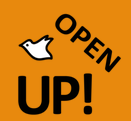 The OpenUp! Natural History Aggregator
The OpenUp! Natural History Aggregator
Now the Aggregation service will take care for your data. The retrieved Biodiversity data formats (DwC-A, ABCD(EFG) and museum data formats (LIDO) or other data formats like MARC21, MODS, Dublin Core and EDM) are harmonized and further enriched towards compliance with Europeana data standards:
- transformation from community to Europeana data standard EDM; this transformation is performed automatically and will be monitored within the OpenUp! test platform;
- enrichment by incorporation of multilingual metadata, in particular common names of organisms, simple vocabulary generic terms and keywords, addition of geographic localisation elements and scientific literature provided by BHL.
- Enriched data are imported to the OAI-PMH repository and exposed to be harvested by the Europeana platform. Generally, OpenUp! is performing three harvests per year, additional harvests are possible on request.
Besides data publication OpenUp! offers:
- Scientific, technical and data presentation related advice,
- Advice on data quality and rights statements, on data presentation and linkage, as well as cultural heritage relevance,
- Advice on metadata storage, data transformation, data enrichment, data testing,
- Automated update services,
- Data enrichment at the source with geolocation link information, addition of vernacular names and biodiversity literature linkage, others in prep.
- Publication through the OpenUp! portal with direct links to Europeana’s OpenUp! content,
- Training materials downloadable via the OpenUp! homepage,
- Training workshops.
